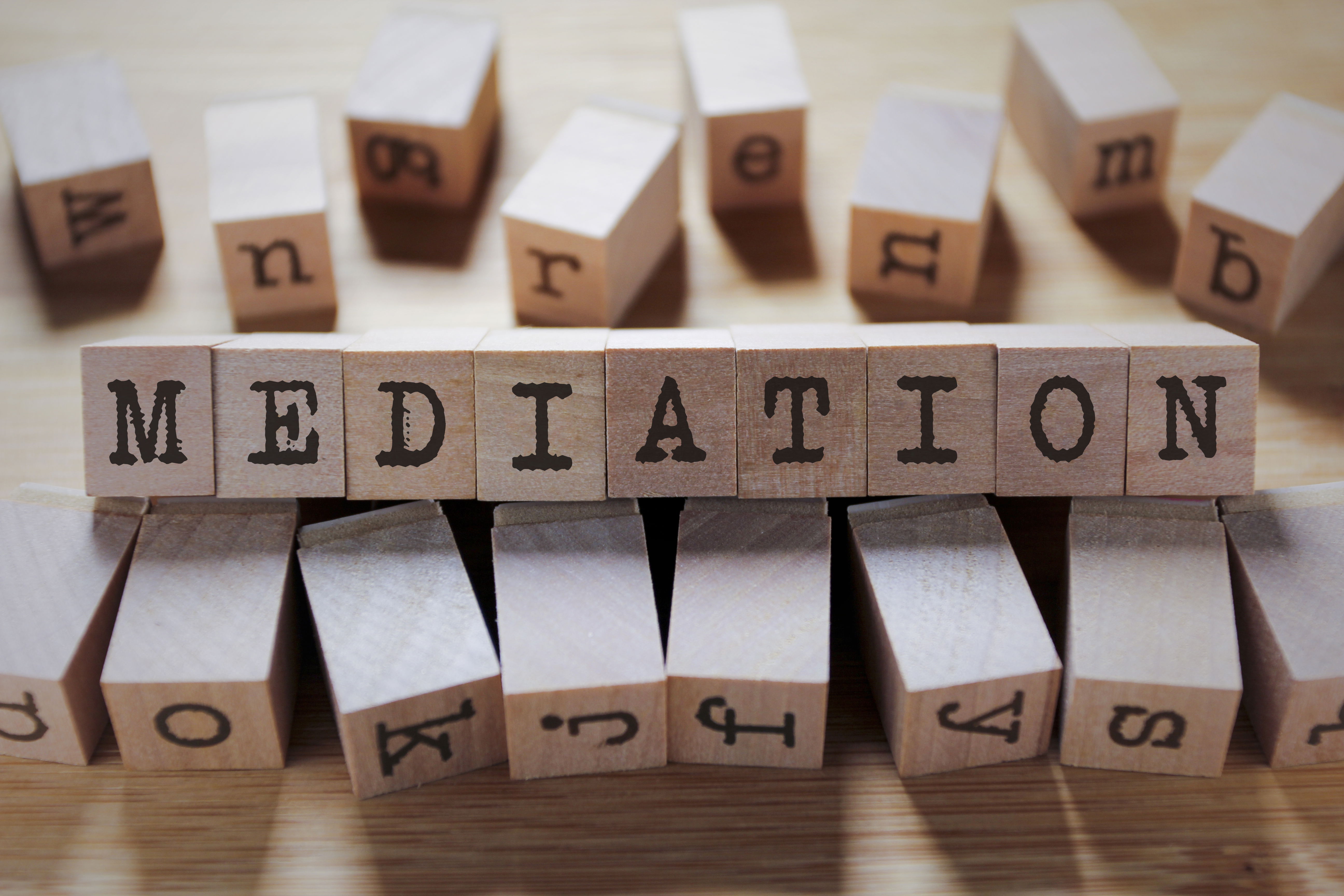THE MEDIATION PROCESS

Mediation is another prominent form of Alternative Dispute Resolution (ADR) that involves a neutral third party, known as a mediator, who helps disputing parties reach a mutually acceptable agreement. Here’s a detailed look at the mediation process and its benefits.

What is Mediation?
Mediation is a voluntary, confidential process where a neutral mediator assists parties in resolving their dispute by facilitating communication, promoting understanding, and helping them to explore potential solutions.
Key Features of Mediation
- Voluntary: Participation in mediation is usually voluntary, and parties retain control over the outcome.
- Confidential: The process is private, and discussions during mediation cannot be used as evidence in court if the mediation does not result in a settlement.
- Neutral Mediator: The mediator does not take sides or make decisions but guides the parties towards a resolution.
- Non-Binding: The mediator’s role is advisory; any agreement reached is binding only if both parties agree to it.
The Mediation Process
- Initiation: Mediation begins when the parties agree to mediate and select a mediator. This agreement can be made independently or ordered by a court.
- Preparation: The mediator may hold preliminary meetings with the parties to understand the issues and set the agenda. Parties may also exchange documents and information relevant to the dispute.
- Opening Session: The mediation typically starts with an opening session where the mediator outlines the process, sets ground rules, and allows each party to present their perspective on the dispute.
- Joint Sessions and Caucuses: Mediation sessions can involve joint discussions with all parties present and private meetings (caucuses) where the mediator speaks separately with each party to explore issues in depth and discuss settlement options.
- Negotiation: The mediator facilitates negotiations by helping parties identify their interests, generate options, and evaluate possible solutions. The goal is to find common ground and develop a mutually acceptable agreement.
- Agreement: If the parties reach an agreement, the terms are documented in a written settlement agreement, which can be legally binding if both parties sign it. If no agreement is reached, parties may pursue other ADR methods or litigation.
Benefits of Mediation
- Control: Parties maintain control over the outcome, as they are not bound by a decision imposed by a third party.
- Confidentiality: The private nature of mediation protects the parties’ interests and encourages open communication without fear of public disclosure.
- Cost-Effective: Mediation is generally less expensive than litigation or arbitration, as it can resolve disputes more quickly and with fewer procedural requirements.
- Speed: The mediation process can be scheduled promptly and concluded in a shorter timeframe compared to court proceedings.
- Flexibility: Mediation allows for creative solutions tailored to the specific needs and interests of the parties, which may not be available through litigation or arbitration.
- Preservation of Relationships: The collaborative approach of mediation can preserve and even improve relationships, which is particularly beneficial in family, workplace, and community disputes.
- Voluntary and Empowering: Since participation and resolution are voluntary, parties often feel more satisfied and empowered by the process and the outcome.
When is Mediation Appropriate?
- Family Disputes: Divorce, child custody, and other family-related conflicts.
- Workplace Disputes: Employee grievances, conflicts between colleagues, or disputes between employers and employees.
- Commercial Disputes: Business-to-business conflicts, partnership disputes, and contractual disagreements.
- Community Disputes: Neighborhood conflicts, issues within homeowner associations, and disputes within non-profit organizations.
- Construction Disputes: Conflicts between contractors, developers, and clients.
Conclusion
Mediation offers a collaborative, flexible, and efficient way to resolve disputes while preserving relationships and reducing costs. By fostering open communication and understanding, mediation helps parties find mutually satisfactory solutions, making it a valuable option in many conflict situations.